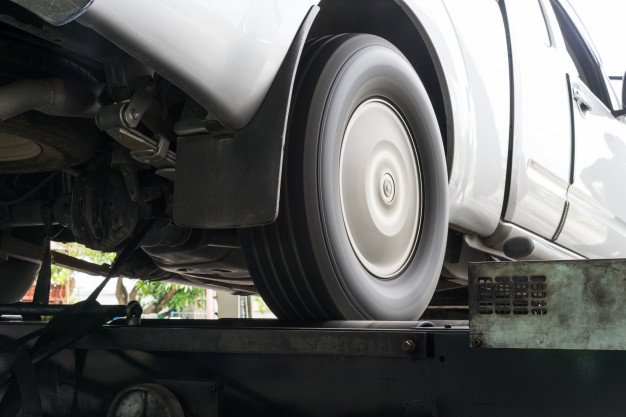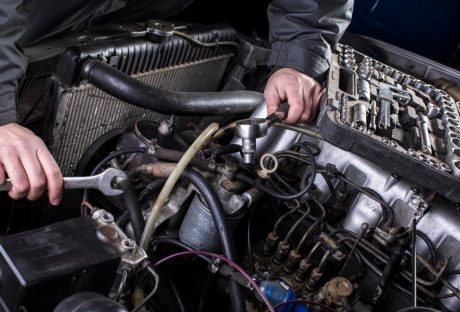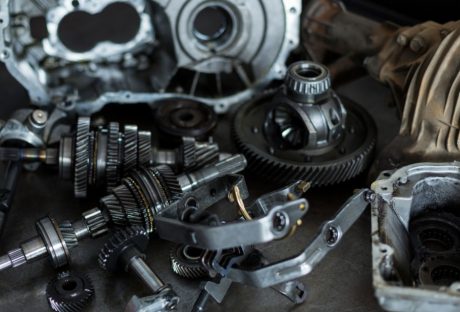Big rigs, delivery, trucks or any kind of commercial trucks can present some serious threats to other vehicles and passengers present on the road. As per statistics, around five hundred thousand accidents from the total accidents are caused either directly or indirectly by commercial trucks. Out of these five hundred thousand, around five thousand have reported leading to deaths due to truck accidents.
In order to take efficient measures for the prevention of truck accidents, we first need to understand the main causes as well. In this article, we have listed some of the most common causes of truck accidents.
The Most Common Causes of Truck Accidents:
1.Cars Driving in the No-Zones areas
The area behind and beside a truck is known as the ‘No-Zone’ area. A passenger vehicle or car driving in this area automatically puts itself in a dangerous position because the area is not visible by the driver. An accident can occur due to zero visibility.
2. Not Training the Truck Drivers Properly
Driving a truck is entirely different from driving a car and requires an enhanced level of training. Drivers who are not properly trained may not be aware of the safety concerns and important techniques for driving trucks. These drivers, in turn, are more prone to cause accidents later on as well.
3. Speeding and Over Taking by the Truck Driver
Speeding by any kind of vehicle whether it is a truck or a passenger car or even a motorcycle can ultimately lead to an accident. Overtaking while driving especially at high speeds also contributes to a majority of accidents.
Most of the truck drivers tend to over-speed as a result of the unrealistic deadlines given by their companies to deliver goods in a lot of cases. Over-speeding, especially in poor weather conditions, poses a heightened level of danger for all the vehicles present on the road.
4. Poorly Maintained Trucks or Trucks with Faulty Systems
A truck or any kind of vehicle needs to be properly maintained so that it can function well on the road. If a commercial truck is poorly maintained or consists of faulty systems, then it can lead to critical accidents. Faulty brakes, for example, can lead to an accident if a truck driver is not able to stop the truck at point hence leading to a collision.
5. Distracted Driving and Fatigue
Drivers tend to become exhausted and even bored when they have been driving trucks from a long consistent period of time. As a result, they might be prone to falling asleep on the wheel or may look for distractions to keep them entertained. These distractions can include playing games on their cell phone or speaking on the cell phone while not focusing on the road.
Speak to a Truck Accident Lawyer Today!
These were some of the common causes in brief. In order to learn more in detail for filing a truck accident claim, you can choose to contact the Truck Accident Attorney Chicago for better understanding.
Read Also:






















